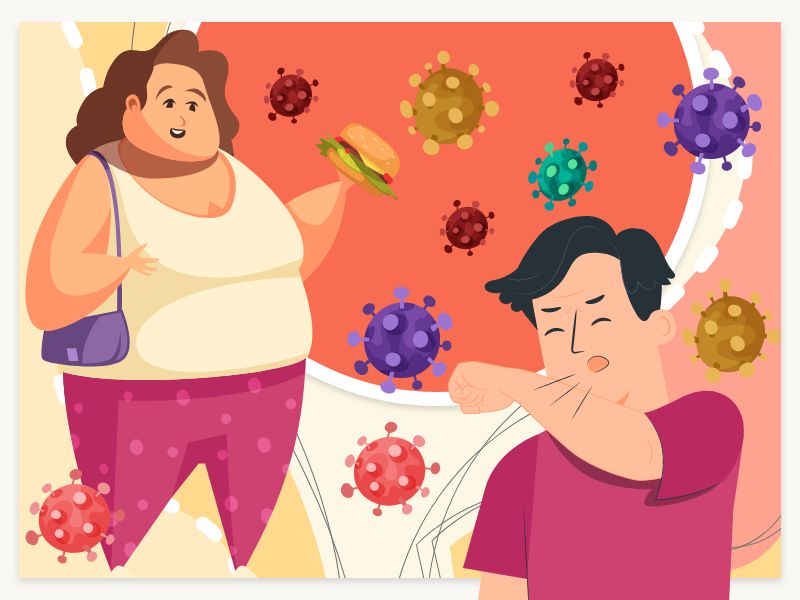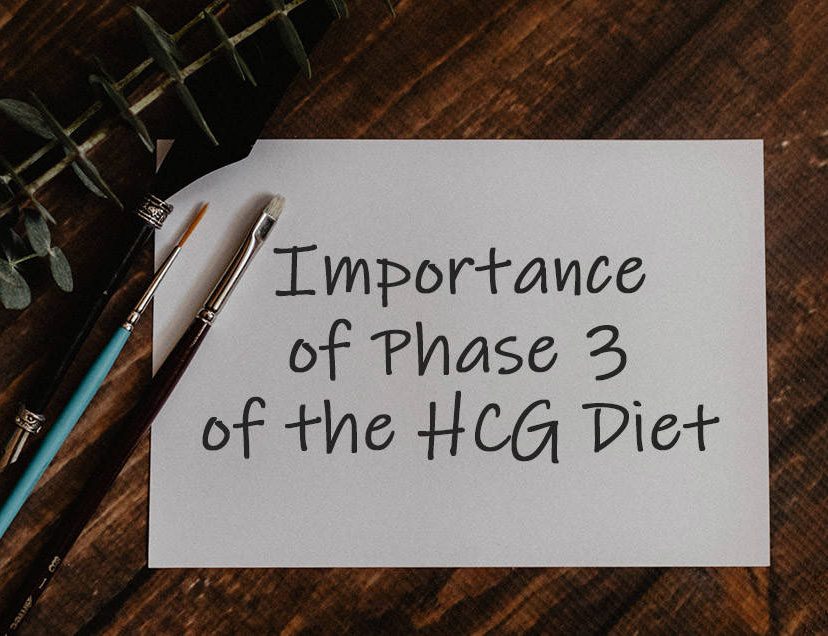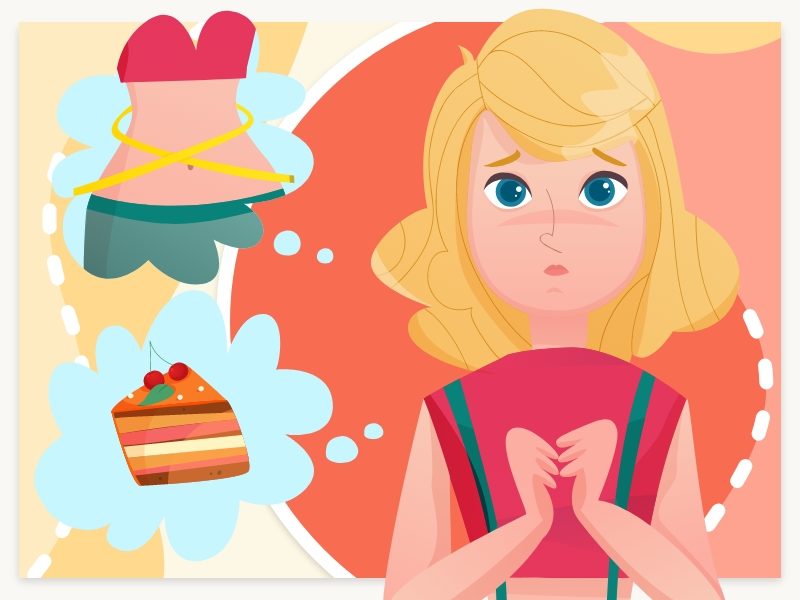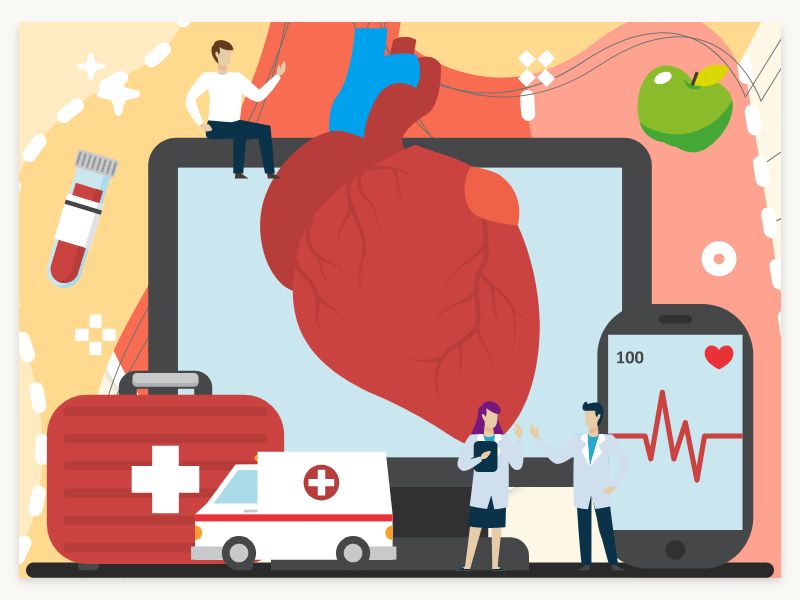Kidney Disease Treatment
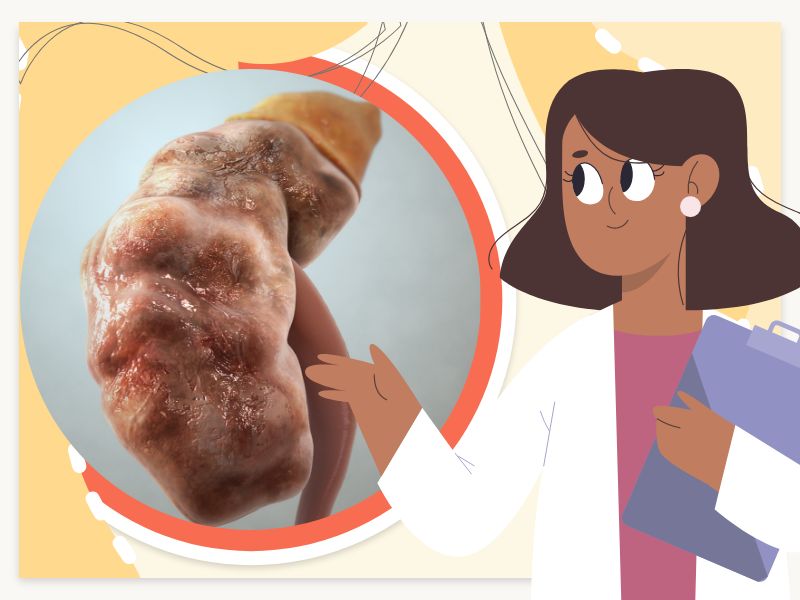
Anyone can get kidney disease. Some people are more at risk than others. A person has two kidneys, each about the size of your fist. These are near the middle of your back, just below the rib cage. In each kidney, there are about a million tiny structures called nephrons that filter your blood. They get rid of wastes and extra water, which become urine. The urine flows through tubes called ureters that go to your bladder.
Most kidney diseases attack the nephrons. This damage may leave kidneys unable to remove waste. You have a higher risk of kidney disease if you have diabetes, high blood pressure, or a close family member with kidney disease. Chronic kidney disease damages the nephrons slowly over several years. Other kidney problems include:
- Cancer
- Cysts
- Stones
- Infections
Your doctor can do blood and urine tests to check if you have kidney disease. If your kidneys fail, you will need dialysis or a kidney transplant.
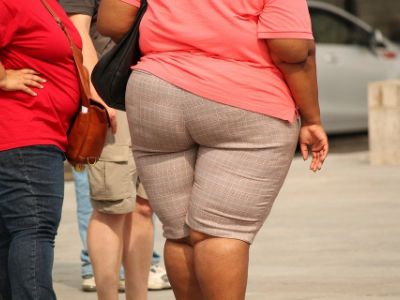
Obesity Being One of the Risk Factors of Kidney Disease
Being obese puts you at greater risk for the two biggest causes of kidney disease including high blood pressure and diabetes. This means that obesity puts you at greater risk for kidneys diseases too.
People who are obese have 2 to 7 more chances of developing End-Stage Kidney Disease (ESKD). Obesity may lead to CKD both indirectly by increasing hypertension, type 2 diabetes, and heart disease, and also by causing direct kidney damage by increasing the workload of the kidneys and other mechanisms.
People suffering from extra weight are also at a higher risk of Acute Kidney Injury (AKI), which often lasts a short time and may disappear completely once the underlying cause has been treated, but it can also have long-lasting consequences with life-long problems.
A Kidney-Friendly Diet to Treat Kidney Disease
The main function of the kidneys is to get rid of waste and extra fluid from your body through your pee.
A kidney-friendly diet helps prevent further kidney damage. To prevent your body from accumulating electrolytes and other fluids, you must limit certain foods and fluids. As you eat, you must ensure that your diet is balanced between proteins, calories, vitamins, and minerals.
The body can accumulate waste products and fluids when its kidneys are damaged. This can lead to swelling in your ankles, nausea, weakness, poor sleep, and shortness of breath. Without treatment, the damage can get worse and your kidneys may eventually stop working. That’s serious, and it can be life-threatening.

Using HCG Diet for Kidney Disease
HCG Diet consists of a very low-calorie diet. The benefit of HCG is the ability to help modify the dieter’s relationship with eating and food which results in easily maintained, long-term weight loss.
During the HCG diet, dieters will follow a 500-calorie meal per day for either a 30-day or 42-day cycle, depending on how much weight they would like to lose. Here are some of the benefits of the HCG Diet:
- Stronger and slimmer body
- Naturally induces energy
- Redistributes fat
- Decreases cravings
- Elevates testosterone levels
- Increases metabolism
The HCG Diet involves daily treatments of injectable HCG that allows the body to burn up abnormal fats. It works on the brain’s hypothalamus that controls the appetite.

